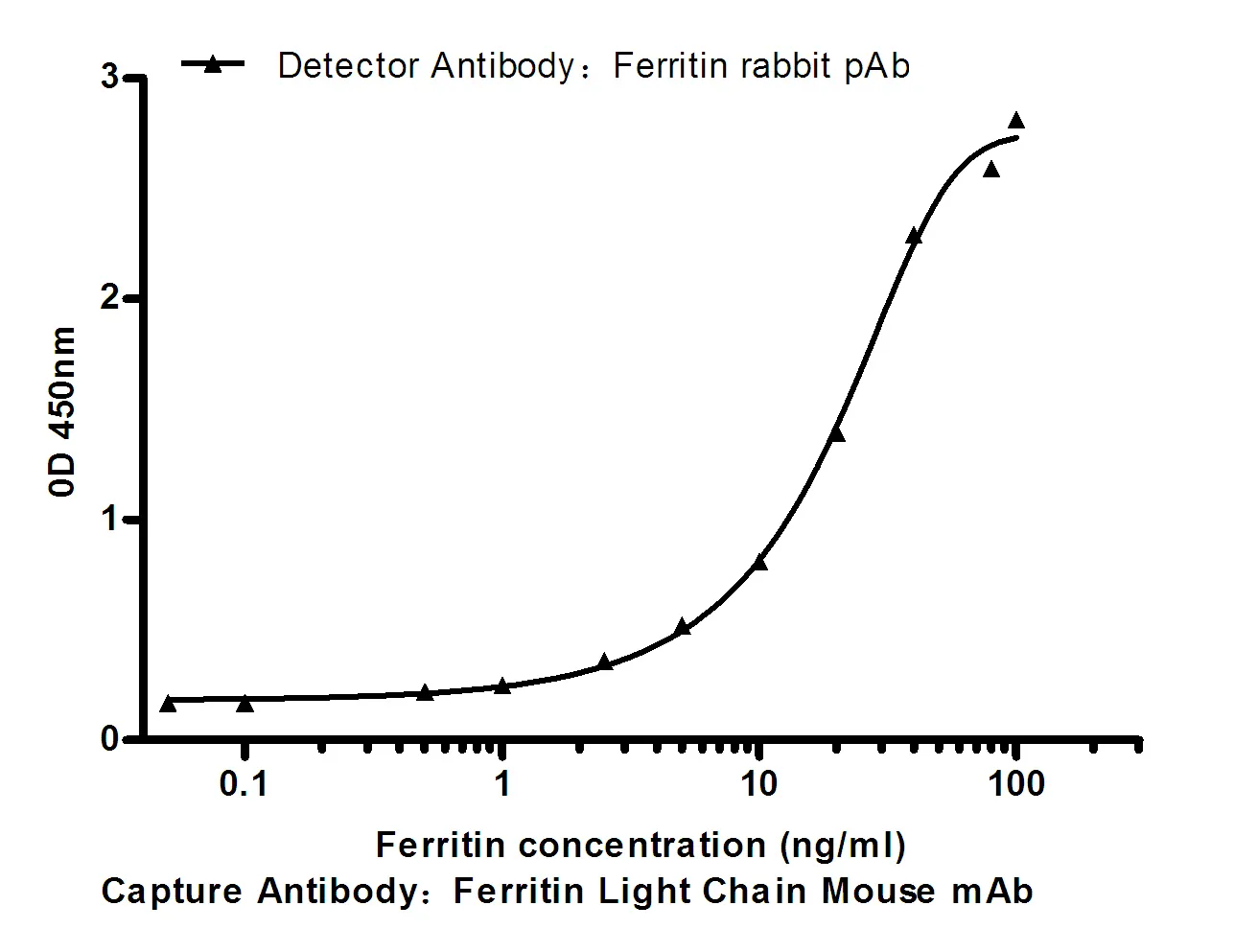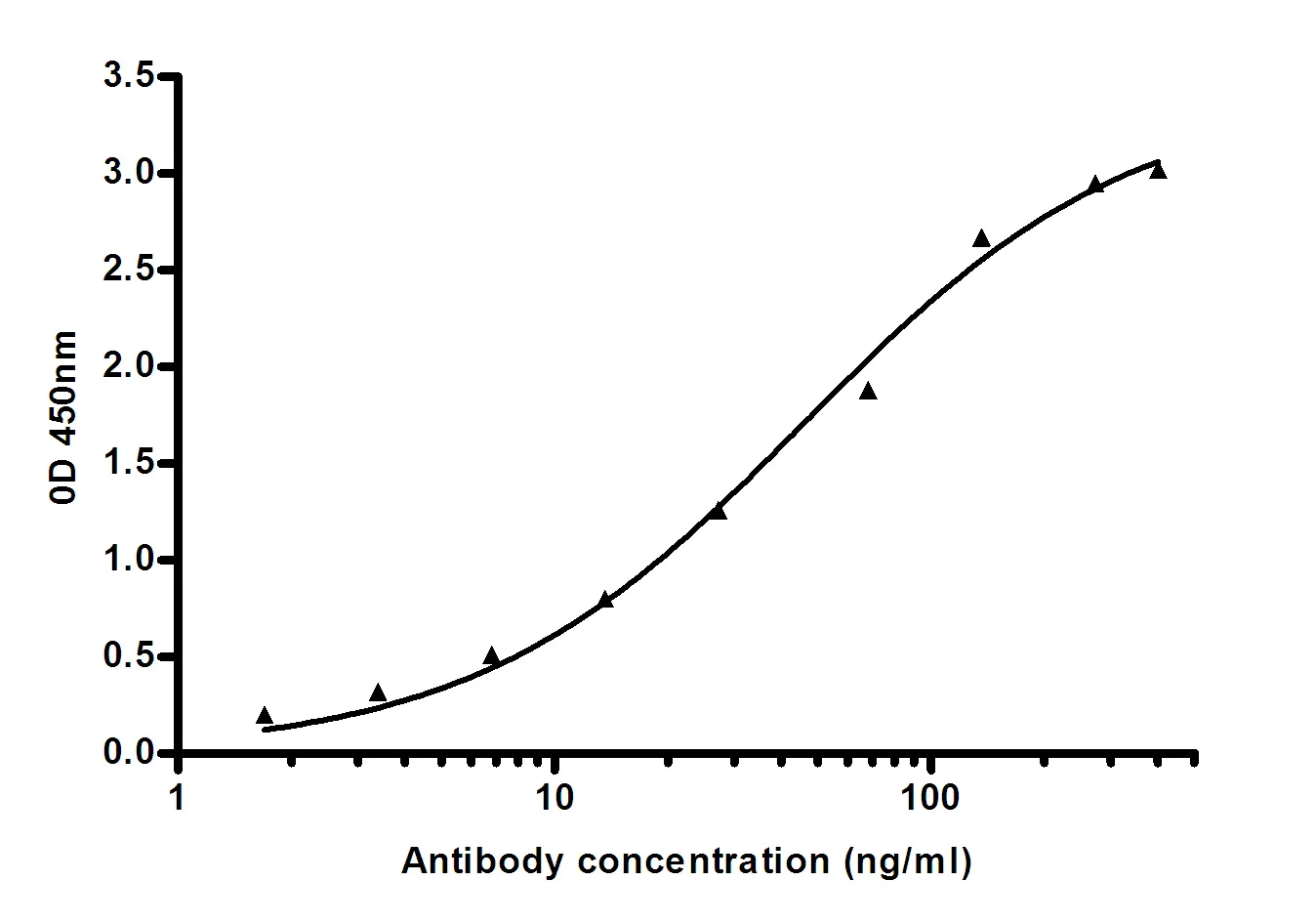Summary
Performance
Immunogen
Application
Background
This gene encodes a member of the guanine nucleotide-binding protein (G protein)-coupled receptor kinase subfamily of the Ser/Thr protein kinase family. The protein phosphorylates the activated forms of G protein-coupled receptors thus initiating its deactivation. This gene has been linked to both genetic and acquired hypertension. Several transcript variants encoding different isoforms have been found for this gene. [provided by RefSeq, Nov 2013],catalytic activity:ATP + [G-protein-coupled receptor] = ADP + [G-protein-coupled receptor] phosphate.,function:Specifically phosphorylates the activated forms of G protein-coupled receptors. GRK4-alpha can phosphorylate rhodopsin and its activity is inhibited by calmodulin; the other three isoforms do not phosphorylate rhodopsin and do not interact with calmodulin.,similarity:Belongs to the protein kinase superfamily. AGC Ser/Thr protein kinase family. GPRK subfamily.,similarity:Contains 1 AGC-kinase C-terminal domain.,similarity:Contains 1 protein kinase domain.,similarity:Contains 1 RGS domain.,tissue specificity:Testis, and in a lower extent in other tissues including brain cortex and striatum.,
Research Area
Chemokine;Endocytosis;



